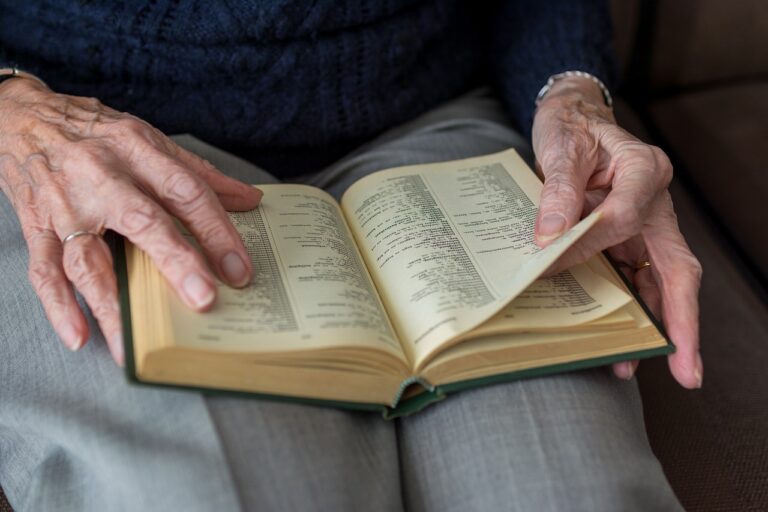Exploring the Role of Literacy in Healing and Trauma Recovery: 11xplay.com login, India24bet 24, Skyexchange fair
11xplay.com login, india24bet 24, skyexchange fair: Exploring the Role of Literacy in Healing and Trauma Recovery
Trauma is a complex and often misunderstood experience that can have lasting effects on an individual’s mental, emotional, and physical well-being. It can stem from a variety of sources, such as abuse, violence, accidents, or natural disasters. Healing from trauma requires a multifaceted approach that addresses the underlying issues and helps individuals process their experiences in a healthy way.
One often overlooked aspect of trauma recovery is the role of literacy. Literacy, in this context, refers to the ability to read, write, and communicate effectively. It may seem unrelated to trauma at first glance, but studies have shown that literacy can play a significant role in the healing process.
Here are a few ways in which literacy can aid in healing and trauma recovery:
1. Journaling: Writing about one’s experiences can be a powerful way to process emotions, thoughts, and memories related to trauma. Keeping a journal allows individuals to express themselves in a safe and private space, which can be cathartic and healing.
2. Reading for Empathy: Reading books, articles, or stories about others’ experiences with trauma can help individuals feel less alone and more understood. It can also provide new perspectives and insights that facilitate healing.
3. Writing Therapy: Engaging in writing therapy, either individually or with a therapist, can help individuals explore their trauma in a structured and supportive environment. Through writing exercises, individuals can uncover hidden emotions, beliefs, and patterns that contribute to their trauma.
4. Building Resilience: Literacy skills, such as critical thinking, problem-solving, and communication, can help individuals develop resilience in the face of trauma. These skills enable individuals to navigate challenges, cope with stress, and build healthy relationships.
5. Self-Reflection: Literacy encourages self-reflection, introspection, and self-awareness, which are essential components of healing and trauma recovery. By engaging with written materials and expressing oneself through writing, individuals can deepen their understanding of their experiences and emotions.
6. Empowerment: Developing literacy skills can empower individuals to advocate for themselves, seek support, and make informed decisions about their healing journey. With increased literacy, individuals can access resources, information, and support services that facilitate their recovery.
In conclusion, literacy plays a vital role in healing and trauma recovery by providing individuals with tools to process, express, and navigate their experiences. Whether through journaling, reading, writing therapy, or self-reflection, literacy can empower individuals to heal and thrive in the aftermath of trauma.
FAQs
Q: Can literacy really make a difference in trauma recovery?
A: Yes, literacy can be a valuable tool in trauma recovery by helping individuals process their experiences, build resilience, and empower themselves.
Q: How can I incorporate literacy into my healing journey?
A: You can start by keeping a journal, reading books about trauma recovery, engaging in writing therapy, or seeking support from literacy-focused programs or therapists.
Q: Are there specific literacy interventions for trauma survivors?
A: Yes, there are various literacy interventions, such as bibliotherapy, narrative therapy, and creative writing workshops, that can support trauma survivors in their healing journey.







